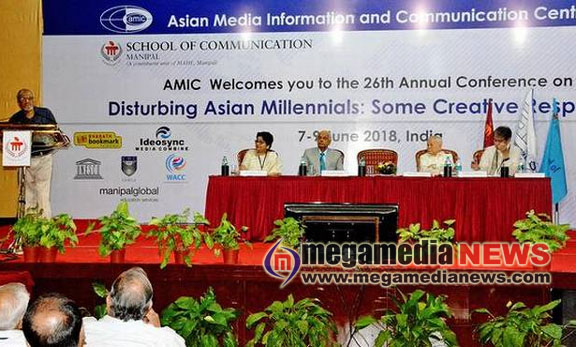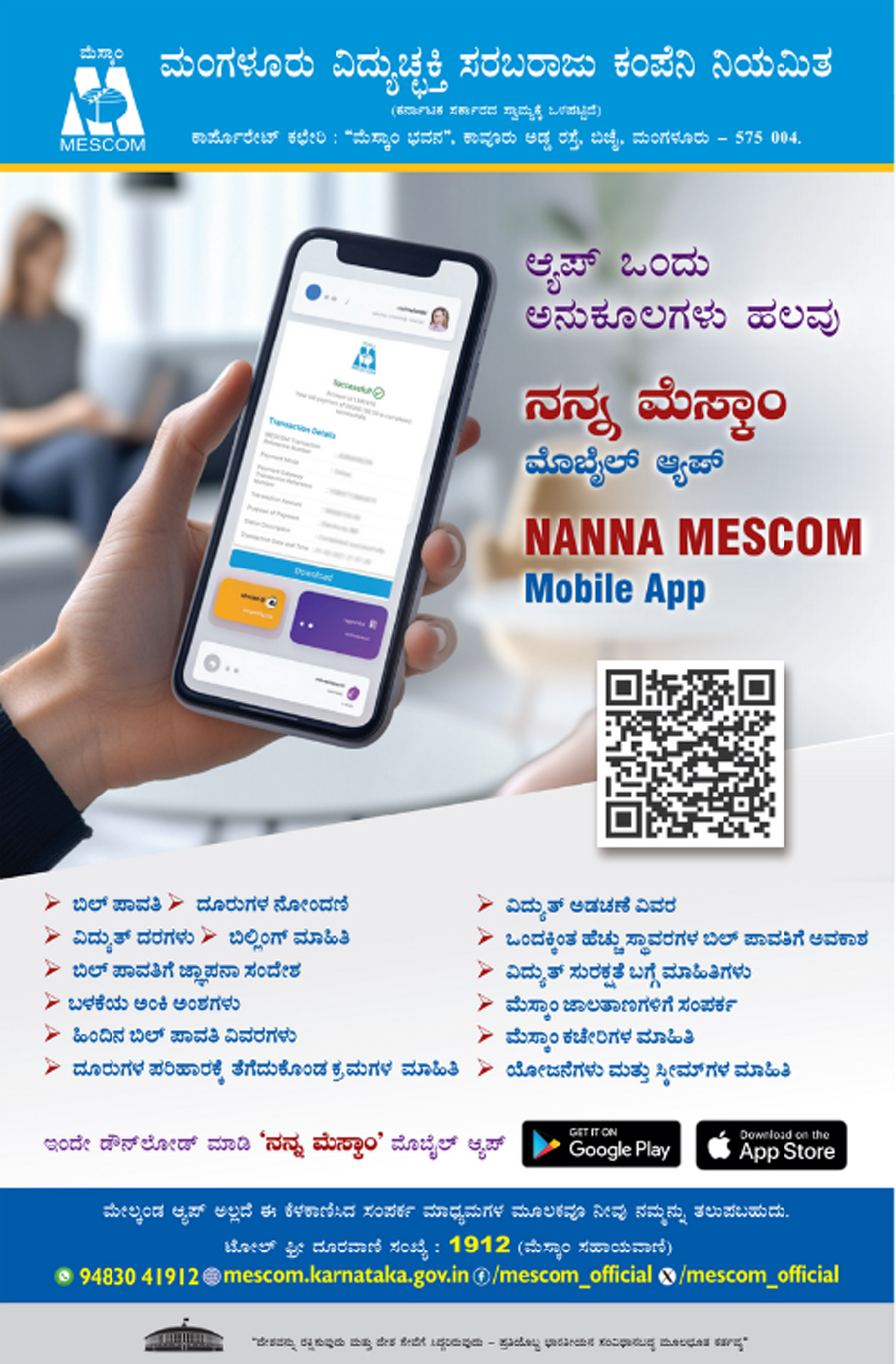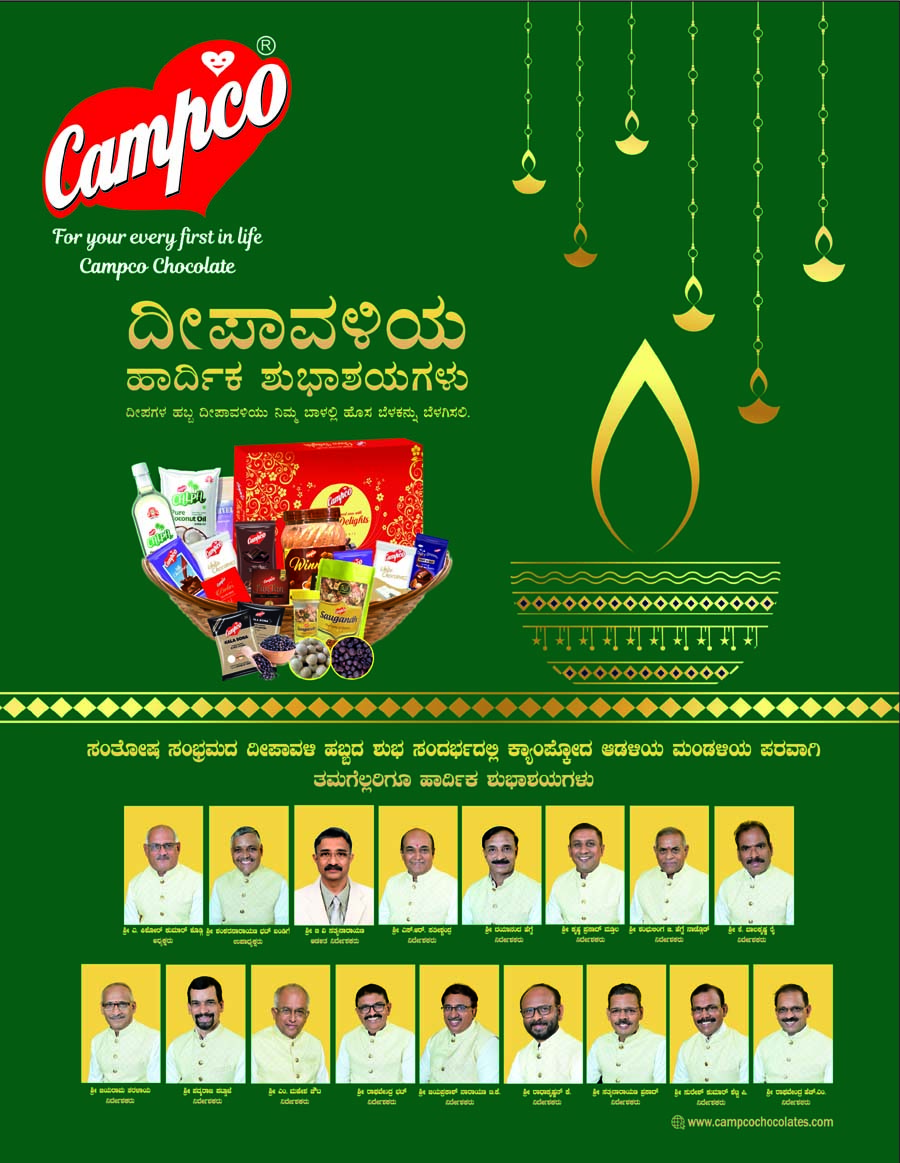Hyderabad varsity professor decries spectre of fake news
9:45 AM, Friday, June 8th, 2018 Mangaluru: The three-day 26th annual conference of Asian Media Information and Communication Centre (AMIC), organised by the School of Communication (SOC), a constituent of Manipal Academy of Higher Education (MAHE), began here on Thursday. The theme of the conference is, ‘Disturbing Asian Millennials: Some creative responses.’
Mangaluru: The three-day 26th annual conference of Asian Media Information and Communication Centre (AMIC), organised by the School of Communication (SOC), a constituent of Manipal Academy of Higher Education (MAHE), began here on Thursday. The theme of the conference is, ‘Disturbing Asian Millennials: Some creative responses.’
Delivering the keynote address, Sanjay B.P., professor and Pro Vice Chancellor, University of Hyderabad, said: “The spectre of fake news with different connotations in other contexts stares us particularly in surcharged communal and electoral politics. The vulnerability is so high that the standard operating procedure in the recent past has been recourse to Internet shutdown in volatile contexts.”
Fake news was also sought to be formally regulated and it was withdrawn as clarity was lacking as to where did such news originate. “Several concerned professionals who had reflected on it suggest that among many platforms, Whatsapp, seems to be the widely used,” he said.
“‘Fake news is a bit of a misleading term,” believes Pankaj Jain, one of India’s active fake news slayers.
“Fake news can mean many things – a mistake, intentional misleading, twisting a news story, or fabricating a complete lie. In the past while media houses and credible journalists have been found to put out misleading stories and mistakes, the most damage is done by people, fake social media profiles, polarising websites, and pages which spread fake news intentionally for garnering votes and spreading hate,’” he said.
Prof. Sanjay said that while education in the formal sense was imbued with a host of debates of the public sector, commercialization, and privatization, a default faith was placed in the new media that could virtually bring “handheld” education to the millennials. “This is an area public and private sector education sector intend to reach out through online education and learning options,” he said.
The Indian language online content was expected to reach about 60%. Therefore, digital destinations across genres would capitalize on the profile that was non-English. Information has been considered as an enabling and empowering input. The speed with which it currently travelled through several platforms has raised erstwhile concerns about legacy media content through adaptation or user-generated content, he said.
Simillar Posts
Warning: count(): Parameter must be an array or an object that implements Countable in /home/megamcaq/public_html/wp-content/plugins/post-plugin-library/common_functions.php on line 357
- None Found
Leave a Reply
© Copyright 2008 www.megamedianews.com All Rights Reserved. Privacy Policy








 Posted in
Posted in  Tags:
Tags: 






